2020 Recipients: Advancing Competency-based Medical Education across the Continuum
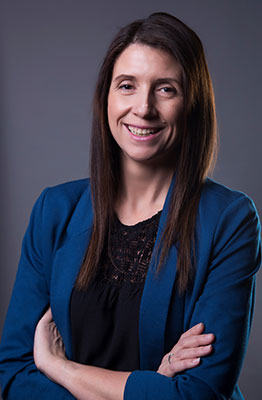
Pamela Roach, PhD, BSc
Assistant Professor, Departments of Family Medicine and Community Health Sciences Cumming School of Medicine, University of Calgary
Professionalism and Accountability Redefined: Theorizing Anti-Racism from Key Stakeholder Engagement (PARTAKE) Study
This work is important to medical education because …
This work is important to medical education to enhance health equity through the training of health professionals. There is heightened awareness of endemic social injustices and racial inequities pervasive in our healthcare and educational institutions. Specifically, the Professional CanMEDS role must underscore a physician commitment and accountability to themselves, their profession and society, yet our current definition of professionalism does not fully address racial injustice and impacts on health.
Medical education that incorporates a focus on colonization and racism as significant determinants of health can work to mitigate health care harms experienced as a result of systemic and structural issues across systems and institutions. Given the strong evidence of systemic and interpersonal racism in medicine and broader society, addressing racial inequity and supporting anti-racist action must be a medical education priority.
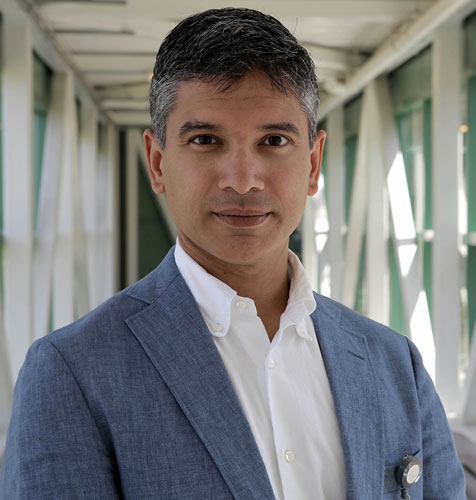
Sony Sukhbir Singh, MD, FRCSC
Professor, University of Ottawa
Associate Scientist, Ottawa Hospital Research Institute
Department of Ob/Gyn and Newborn Care, The Ottawa Hospital
Efficacy of 3D Motion Capture as a Reflective Aid during Self-Directed Practice for Laparoscopic Surgical Trainees
This work is important to medical education because …
Training surgeons to perform laparoscopic surgery is not easy and there is a need for a reliable and valid assessment system. Established models offer feedback relating to the quality of movement but this is limited by its observational nature resulting in moderate reliability. In other words, the “moves” made during surgery are difficult to measure and therefore not currently being used effectively to improve training
The goal of this study is to evaluate the use of 3D motion analysis as a reflective aid during self-directed practice for laparoscopic surgical trainees. Every participant will receive verbal feedback (standard) and engage in self-directed practice. Participants will be randomized to receive either no extra “aids” or a video of their performance or a video and 3D motion capture data. Ultimately, we hope to find out if motion capture will help improve surgical education assessment and resident competency.

Caley Shukalek, MD, FRCPC, MSc, MPH
pronouns: he/him
Clinical Assistant Professor
Departments of Medicine, Community Health Sciences, & O’Brien Institute for Public Health
University of Calgary | Alberta Health Services
Queer Eye on Medicine: Assessing the Lived Experience of Queer Canadian Physicians and Physician Trainees in the Healthcare Environment.
This work is important to medical education because …
The lived experience of sexual and gender diverse, or ‘queer’, minorities in medicine is not well characterized in Canada but, from limited data, we know they continue to face stigma and discrimination that affects their wellness and, ultimately, patient care. Our multi-institutional team (Irene Ma, Allison Brown, Tonya Callaghan, & Ranjani Somayaji [UofC]; George Farjou [McMaster]; & David Brennan [UofT]) is guided by Queer Pedagogy, through which we will qualitatively assess the lived experience of queer physicians and trainees. This work is important to medical education because it will improve understanding and acknowledge the experience of queer physicians and medical trainees so they, and others, can transform the traditional, normative culture of medical training and practice through increasing equity, diversity, and inclusion.
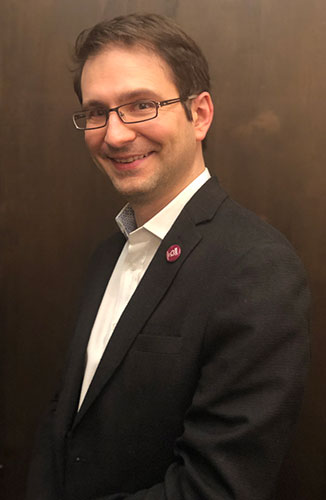
Matt Sibbald, MD, MHPE, MSc, PhD, FRCPC
Associate Professor and Director, Centre for Simulation Based Learning
Faculty of Health Sciences, Department of Medicine, McMaster University
Exploring the development of standardized patient educational experiences to support equity, diversity, and inclusivity mandates of healthcare training programs
This work is important to medical education because …
Health professions training programs have curricular mandates to integrate equity, diversity and inclusivity in order to optimally prepare trainees to serve and care for broad and diverse populations. Standardized patient programs are frequently recruited to serve these curricular mandates, yet many struggle to deliver on them. How should programs recruit, train and maintain quality in the delivery of these educational opportunities? What level of fidelity is required to portray a diversity characteristic? Do standardized patients have to be members of the marginalized group they portray? No systematic knowledge synthesis exists to guide educators, administrators and curricular leads. This work will develop a framework for standardized patient support of equity, diversity and inclusivity curricular mandates; elaborate assumptions, threats and implicit biases; and identify best practices.
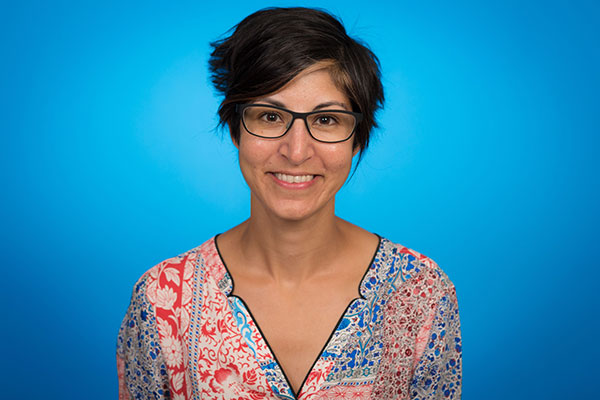
Nadiya Sunderji, MD, MPH, FRCPC
Psychiatrist in Chief, Waypoint Centre for Mental Health Care; Associate Professor, Department of Psychiatry, University of Toronto (cross appointment to Institute of Health Policy, Management and Evaluation, Dalla Lana School of Public Health)
Reducing traumatic and coercive experiences of mental health care for Black, Indigenous and People of Colour: A continuing professional development intervention
This work is important to medical education because …
This work is important to medical education because it leverages continuing professional development (CPD) to advance a transformative agenda in mental healthcare addressing the impacts of systemic racism. We are focusing efforts on a highly disadvantaged population – Black Indigenous and People of Colour with severe mental illness and criminal justice system involvement who are forensic mental health inpatients. We will elicit and amplify their experiences of the use of restraint and seclusion, which are last resort behavioural control measures for imminent safety concerns, but which can also be traumatic. We will engage physicians and interprofessional care teams in critical reflection, dialogue and transformative learning by sharing patient narratives, exploring factors leading to the use of restraint and seclusion and learning needs, and developing team-based CPD and quality improvement/patient safety interventions. Ultimately, this project will foster healthcare provider and team reflexivity to advance anti-racism, equity and inclusion in mental healthcare.
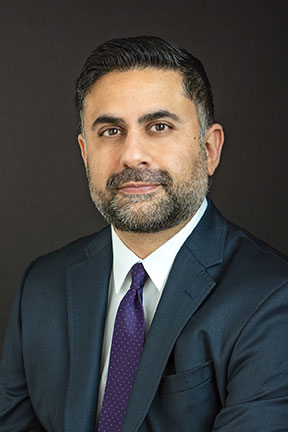
Javeed SUKHERA, MD, PhD, FRCPC
Associate Professor, Departments of Psychiatry/Paediatrics and Scientist, Centre for Education Research and Innovation, Schulich School of Medicine and Dentistry, Western University
Feedback and Facilitation: Exploring and Supporting Sensitive Conversations about Bias in Specialty Education
This work is important to medical education because …
This work is important to medical education because more robust and rigorous research is needed to advance equity, diversity, and inclusion (EDI). Although EDI has become a strategic priority in medical education, efforts to advance justice through educational interventions face several barriers. For example, our previous research found that EDI related discussions can provoke emotional and defensive reactions. Effectively processing and reconciling complex emotions therefore appears critical to subsequent behaviour change. Our current project seeks to gain a deeper understanding of how professional context influences the cycle of feedback, facilitation, and behaviour change. We hope that this research will help inform future educational and policy interventions in continuing professional and specialty education.